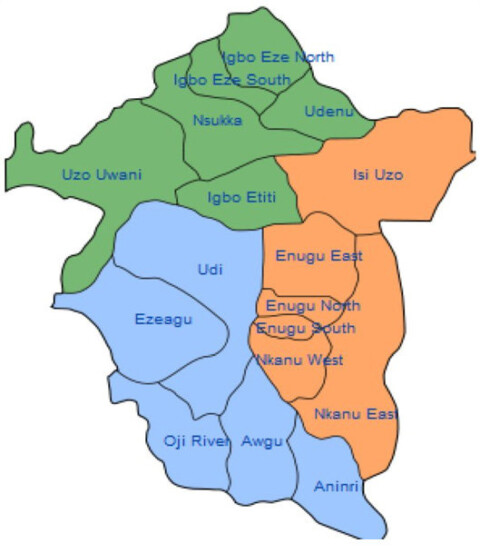The Ebonyi State University Chapter of the Academic Staff Union of Universities (ASUU) has strongly criticized the Student Loan Scheme, saying it is not a sustainable solution. ASUU is asking for a renegotiation of their demands, which include better funding for universities, greater university autonomy, and more academic freedom.
Dr. Ikechuku Igwenyi, the Chairman of EBSU-ASUU, made these comments at a press conference in Abakaliki on Monday. He explained that Nigeria’s education system has been badly affected by a lack of funding, which has hurt public primary and secondary schools. Many teachers in these schools earn less than $20 a month, and this poor funding has led many students to leave public schools for more expensive private ones.
Igwenyi also said that this problem is now affecting universities as well. ASUU believes that without better funding and policy changes, these issues will continue. He criticized several government policies that have worsened the situation, including the non-payment of Earned Academic Allowances and the use of IPPIS (Integrated Payroll and Personnel Information System), which he thinks undermines university independence.
He looked back at the history of the Student Loan Scheme, which started in 1972 under Gen. Yakubu Gowon. This scheme was meant to help students whose families were affected by the civil war. Despite the large amount of money given out, most of it was never repaid. Igwenyi argued that this money would have been better spent directly improving university funding.
Later, the Nigerian Education Bank was set up in 1993 to help students financially, but it faced many problems and was not fully implemented. In 2016, Hon. Femi Gbajabiamila proposed a bill for interest-free student loans, which was eventually passed as the Access to Higher Education Act, 2023, by President Bola Tinubu. This new law requires students to provide personal data and repay the loan after graduation, with some forgiveness if they die.
ASUU argues that funding education through loans is not a good idea. They believe education should be funded by the government, not through loans. They also have concerns about the new loan scheme’s terms, such as family income limits and the repayment plan, especially given the current tough economic conditions.
ASUU thinks that the money should be used to improve existing universities rather than relying on loans. They point out that the government promised to inject ₦1.3 trillion into education, but only ₦200 billion was released in 2013. This money helped build many new facilities in public universities, but the promised funds have not been fully provided since then.
ASUU is calling for better funding and support for Nigerian universities rather than relying on the Student Loan Scheme. They believe these changes are important for fixing the problems in Nigeria’s higher education system.





